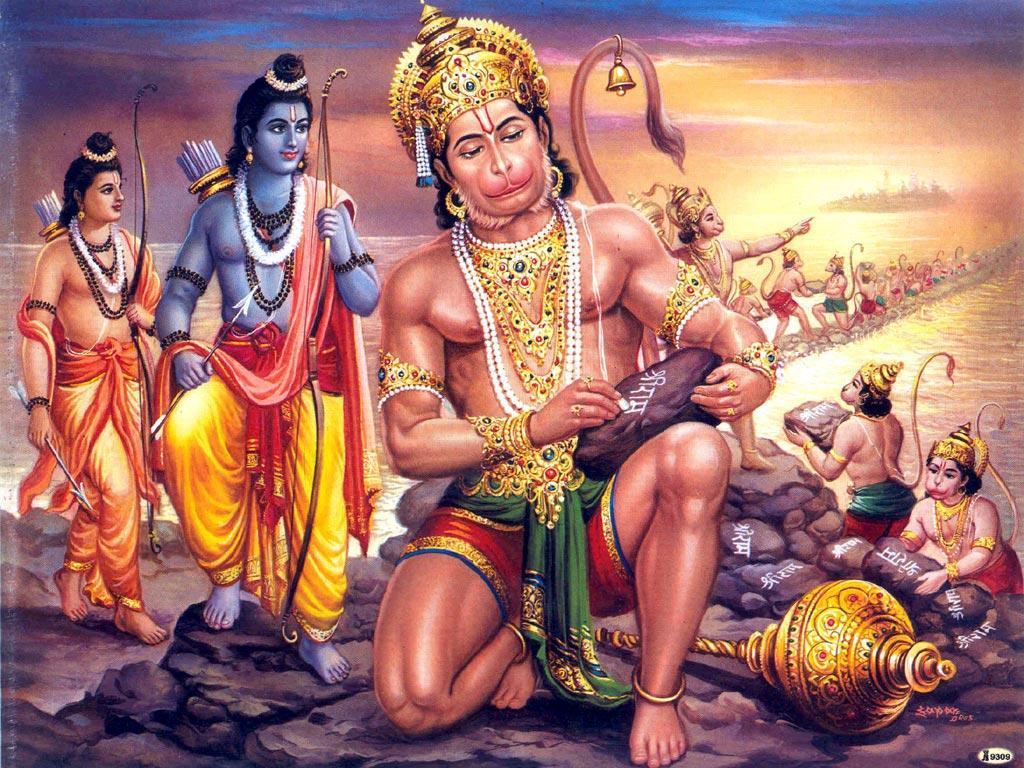KENOPANISHAD -2 Swami Krishnananda
Chinmaya Mission Mumbai:
Greetings for Shri Hanuman Jayanti!
Shri Hanuman is the star devotee, always at the feet of His Lord.
Pujya Gurudev Swami Chinmayananda’s message highlights His strength, wisdom, love, and above all His single pointed dedication to His Master, Shri Rama.
On Hanuman Jayanti, may Shri Rama’s most ardent Bhakta bless each one with His inimitable brand of devotion.
Pavanasuta Hanuman ki Jai!
==============================================================================
Wednesday 10, Apr 2024 07:20.
1.Introductory-2.
Post-2.
==============================================================================
Karma and jnana – karma is a modification of the present state into another state, directed by a necessity. Every action is based on a voluntary or involuntary desire, expressed or potential. One does not move without a purpose, and every purpose is a limitation, which shows that the actor is not complete in himself. But knowledge is not an action. Knowledge is being. If knowledge is an action it should be a means to some other end, but we do not find any end to be reached beyond knowledge. Knowledge is something like attaining to oneself, which, if it is called a process, would contradict experience. One cannot reach oneself or attain oneself or move towards oneself except by knowing oneself. A person who is asleep or dreaming may be said to be away from himself, but if he wishes to attain himself or go to himself in that imagined state of aberration, he can do it only by waking up from that dream or sleep and not by walking or moving. His body may be carried from place to place, but he will not attain to himself except by waking. Similar is the case with brahma-jnana. One cannot reach Brahman through an act, because all acts are a proceeding away from the Self. Knowledge is subsisting and not proceeding. Knowledge is not a means to an end, but the end itself. After knowing we have to do nothing, but after doing we have to know something. This is the difference between action and knowledge. Knowledge is, therefore, possible only after the dissolution of all actions, through hearing, reflection and meditation preceded by discriminative dispassion. This is the reason why the Upanishad has declared that the Self neither decreases nor increases through action, because action is a motion, and the Self is motionless.
Even if there is no intimate relationship between Self-knowledge and action, it is possible for the active individual to transcend his active individuality because of the fact that the Self pervades the individual as his very existence. The relationship between the individual and the Supreme is one of identity and not separation, but the imagined separation allows the possibility of sadhana towards perfection. Though sadhana is an action in the realm of adhyasa (superimposition), it is possible to get rid of individual consciousness through sadhana, because the process of attainment also is connected with the adhyasa. The conclusion is, therefore, that the attempt for Self-knowledge should be preceded by the longing for the same as the result of renunciation given rise to discrimination. The Self is of the nature of Attainment. Therefore, it cannot be attained through any amount of external exertion or striving, and no striving is there without an objective motive. The Self is attained through putting an end to all motives and necessities governing the laws of the phenomenal universe. That which is one's own Nature cannot be dealt with in any way. It cannot be purified, obtained, changed or defined. The Self is objectless, immaterial, formless and immutable. All our deeds bear fruits in a world of space and time. That which is not done (uncreated) cannot be attained through what is done (created). Anything that is obtained through perishable instruments is itself perishable. Everything of the world is perishable, and, therefore, nothing of this world can be an instrument in the attainment of the Self. Objective actions give rise to objective fruits. Mental actions give rise to mental results. The effect is of the same nature as the cause. The Self is neither a cause nor an effect. Therefore, all relationships and processes pertaining to causes and effects are external to the nature of the Self. The means adopted should befit the nature of the end. The end is immortality and the means to it, therefore, cannot be a mortal one. Knowledge is attained by the Self, not by doing something, but by not doing anything. This comes to cessation of all desires, whether subjective or objective, manifested or unmanifested. Knowledge is the same as existence or being, while thoughts and actions are becomings or changes.
Brahman is vastu-tantra (dependent on the object of knowledge). The knowledge of Brahman is not dependent on the mind of man. One cannot conceive of Brahman as one likes. It is minds that differ and not the Self. Conceptions and experiences belong to the mind. The Self is the general ground of all beings, and its knowledge therefore is the same to all. Different people cannot have different kinds of the knowledge of Brahman. The knowledge of Brahman is dependent on Itself. But thoughts and actions are dependent on the individual. One can change one's thoughts and actions as one likes – they are purusha-tantra (dependent on the individual subject). This is the reason why conceptions and actions which are the characteristics of the mind and the senses have no access to the knowledge of Brahman. Brahma-jnana is possible after effacing oneself, after becoming non-existent, from the worldly point of view. It is the union of subject and object that is meant by Self-experience. The Self is dependent on its own greatness. Its glory is unsullied by external changes. Moksha is eternity. Eternity is perpetual changelessness. The Kena Upanishad establishes the truth of the unchanging, witnessing character of the Self.
*****
Next
Section 1
Mantra 1
Continued
=================================================================================







.jpg)

Comments
Post a Comment